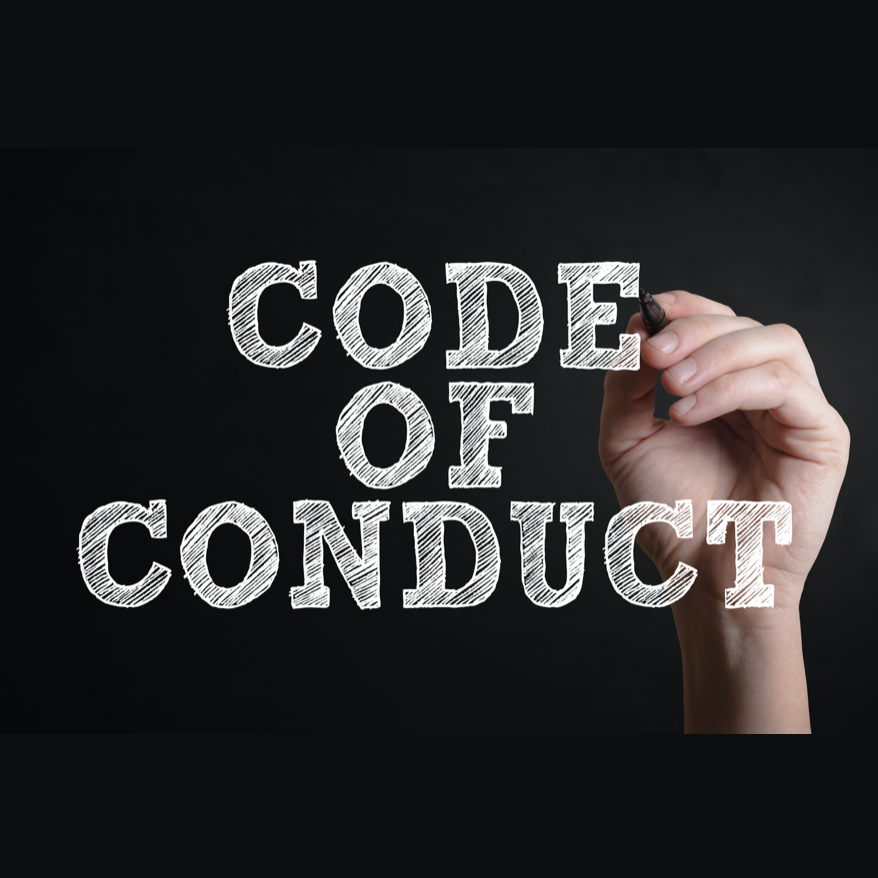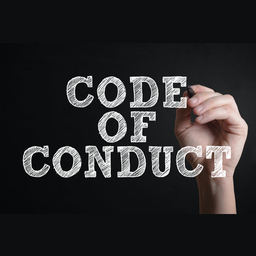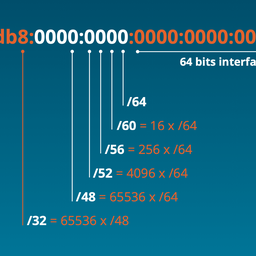We recently published two draft Code of Conduct documents for review by the RIPE community. We would like to address some of the feedback that we received and describe how we will update the documents.
First, a note on how the Code of Conduct Task Force produced these two documents (covering Procedures and the Code of Conduct Team). The TF, responsible for developing the Code of Conduct and its processes, is made up of several members of the RIPE community and two RIPE NCC staff members. This includes Athina Fragkouli, the RIPE NCC’s Chief Legal Officer, who has provided legal input throughout the drafting process. We also had an external specialist review the RIPE Code of Conduct and both documents currently under discussion. All of these documents are modelled on good practices that are already implemented elsewhere in our industry. Finally, the TF revised the documents based on comments from the community at several points during this process.
With that in mind, we would like to respond to a few points that came up in the community’s feedback:
Right to a defence
There were some questions about the process the future Code of Conduct Team (CoC Team) will follow when it is investigating reports of misbehaviour. Some community members asked whether the team would inform the person who is the subject of a report and give them the chance to share their perspective.
The CoC Team will indeed be expected to contact this person as one of the first steps of its investigation. It will explain what the report alleges so that the reported party will have an opportunity to explain their side. This is listed as the first bullet point in section 3.
The reason this is not a ‘must’ is to allow for cases where the CoC Team does not believe the case warrants further investigation or discussion. For example, if someone is the target of fake anonymous reports, it might not be in anyone’s interest if the CoC Team has to contact them every time a report is made. The Code of Conduct allows reports that were submitted in bad faith to be rejected.
Anonymity of the reporter and the reported
When the Code of Conduct Team contacts the reported party, they will not share the identity of the person who filed the report. While we appreciate community members’ concerns about false reports, the team will use its good judgement to determine which reports appear illegitimate and abusive. It is important that reporters can remain anonymous so that vulnerable members of the community have the opportunity to call out others in positions of power without fearing retribution.
The Code of Conduct Team will not disclose the identity of anyone found to have breached the Code of Conduct unless that is unavoidable. While the consequences might be noticeable in some instances, such as removal from a meeting, we do not expect this to be publicly reported. In most cases, outcomes will probably be asking someone not to repeat certain behaviour or a short-term ban from posting on a mailing list. While the CoC Team is responsible for making its own determinations, it is expected to inform the RIPE Chair before any serious outcomes are applied.
We will make this part of the process clearer in the document. While we hope these consequences will not be necessary, we believe that the team must have the authority to apply strong actions to address very harmful behaviour that limits others’ ability to participate safely in the RIPE community.
The procedural document also allows for reports to be submitted anonymously (so even the CoC Team will not know who they came from). This is common practice, though it should be noted that, due to its nature and in light of the very concerns that some have shared on the mailing list, an anonymous report cannot carry the same weight as one in which the reporter includes their identity. If there were no other witnesses or supporting evidence, and if the person named in the report denies that report, then it is unlikely that the CoC Team could properly evaluate the report. The potential for this to be abused is something that the CoC Team will understand and take into account.
While community members will not be seeing individual reports and outcomes, the CoC Team will publish regular transparency reports that show what kinds of reports are being submitted and what kinds of actions are being taken in response. We expect this will help to mitigate concerns relating to disproportionate outcomes being applied on the basis of questionable reports.
Impartiality of the Code of Conduct Team and indemnity
Another area we wish to address is how we will ensure the impartiality of the Code of Conduct Team. We believe that the RIPE Chair’s selection of team members will help to ensure we have a set of people who are trusted by the community to apply good judgement. Ideally the team will be balanced and include a range of experience and skills. Integrity is one of the qualities the RIPE Chair will prioritise for when selecting candidates. And during report investigations, team members with conflicts of interest in a case will be required to recuse themselves. If a team member fails to recuse themselves, or is found to be acting with bias, they will be removed from the team.
Ultimately, the RIPE Chair is responsible for ensuring the community works well. In the unlikely event that a carefully selected team of RIPE community members turns rogue, she can dismiss them and form a new CoC Team.
On the legal side of things, there will be provisions in the terms and conditions for RIPE and RIPE NCC events that require participants to agree they will follow the Code of Conduct and indemnify the RIPE NCC and the Code of Conduct Team. If someone does escalate a disputed case to a court of law, we are confident the court will support the integrity of our process. But we will take your concerns into account and provide more detail on how members of the Code of Conduct Team will be indemnified.
So, to sum up, our adjustments to the process document will be:
- Clearer language about the Code of Conduct Team’s duty to contact a reported party and hear their side of the story
- More clarity about how serious reports will be handled
- Minor adjustments to the section regarding how personal data will be handled
- Added language about indemnifying Code of Conduct Team members
We hope this helps to address some of the concerns we have seen raised so far, and we are grateful to everyone who has provided input. In general, we want to remind you all that the RIPE Code of Conduct is not intended as a punitive tool but as a way to ensure that our community remains a respectful forum for people of all backgrounds to come together and network.
We think we have crafted a process that is lightweight enough to fit with our community’s spirit while strong enough to deal with serious situations when they arise. We already have consensus on a Code of Conduct (ripe-766) and we will update these drafts to provide a framework that allows us to properly implement it. These processes can be improved as we gain experience.
At RIPE 85
We will publish updated documents after RIPE 85, for another round of comments. In the meantime, we will be holding some drop-in sessions during the 3.30pm breaks on Monday and Tuesday for anyone who is thinking about volunteering for the Code of Conduct Team and wants to know more.





Comments 0
The comments section is closed for articles published more than a year ago. If you'd like to inform us of any issues, please contact us.